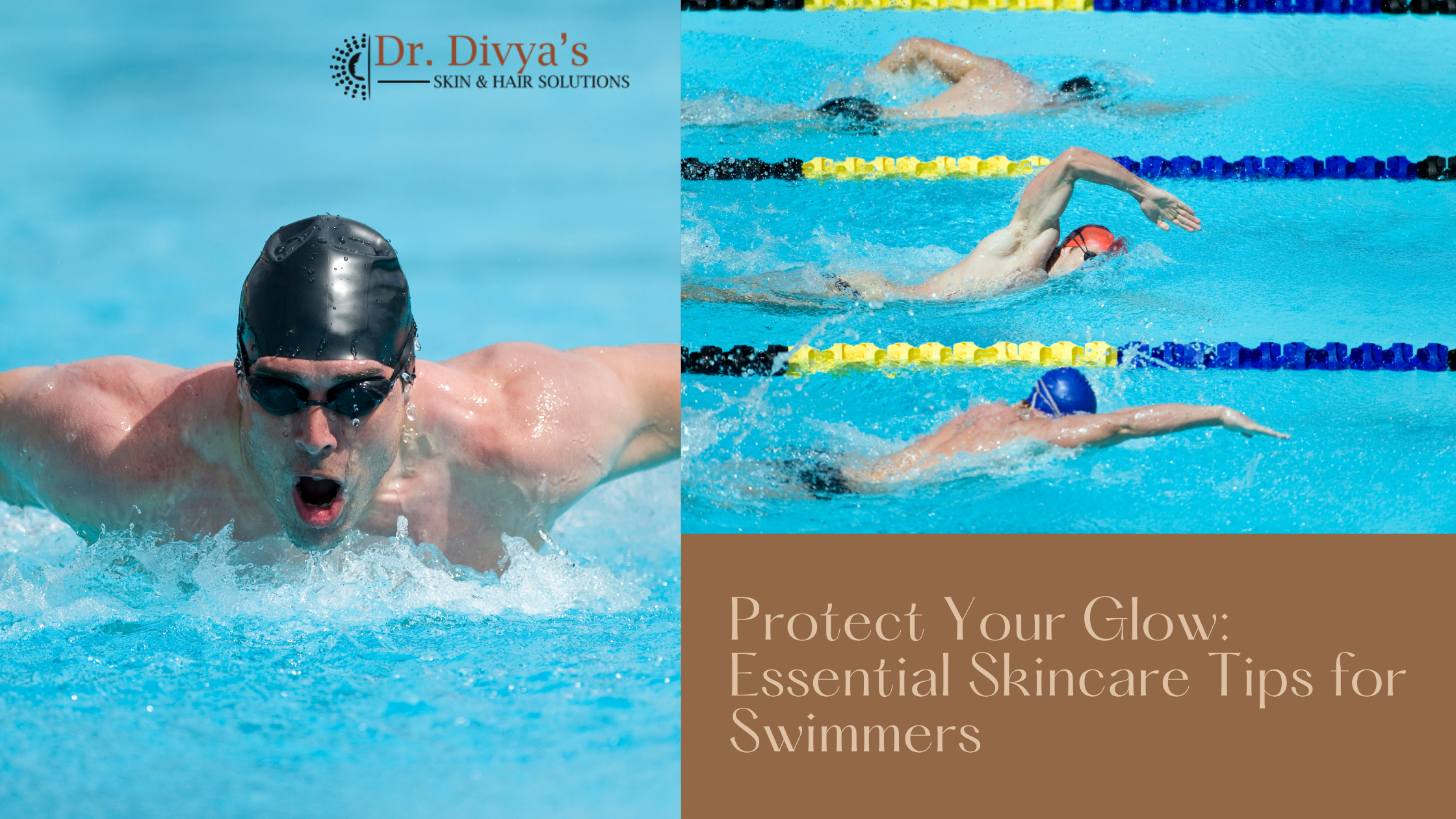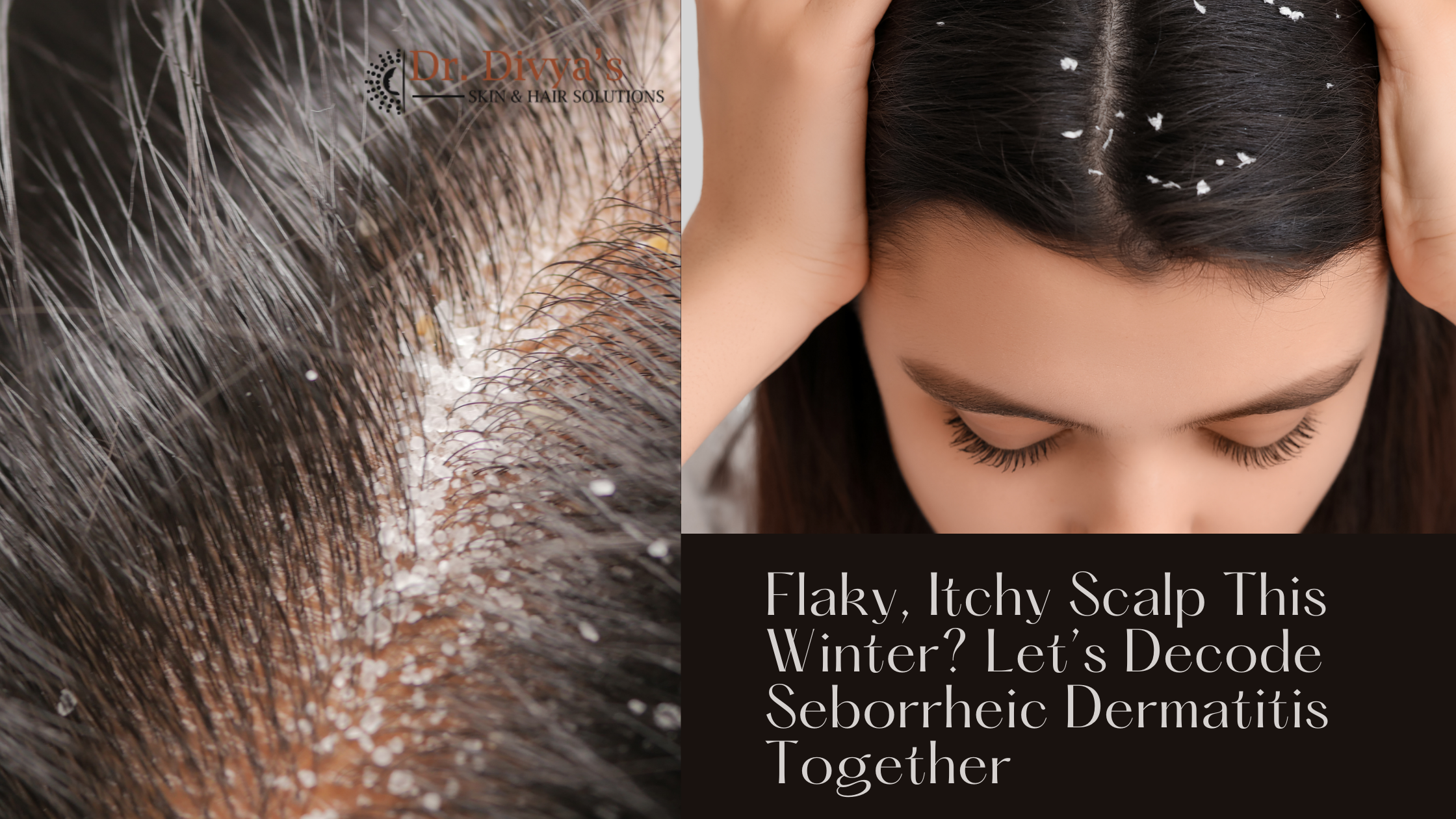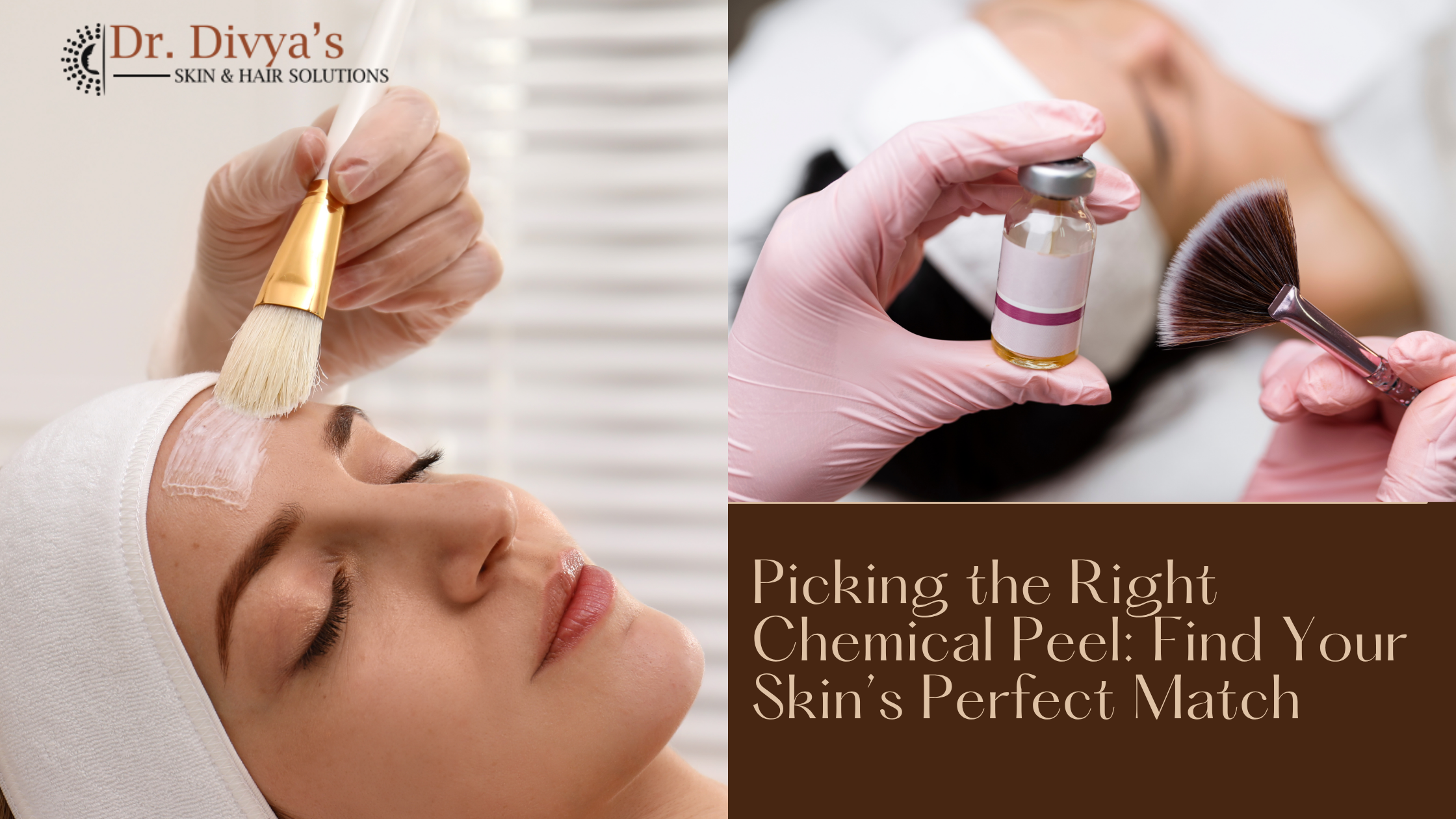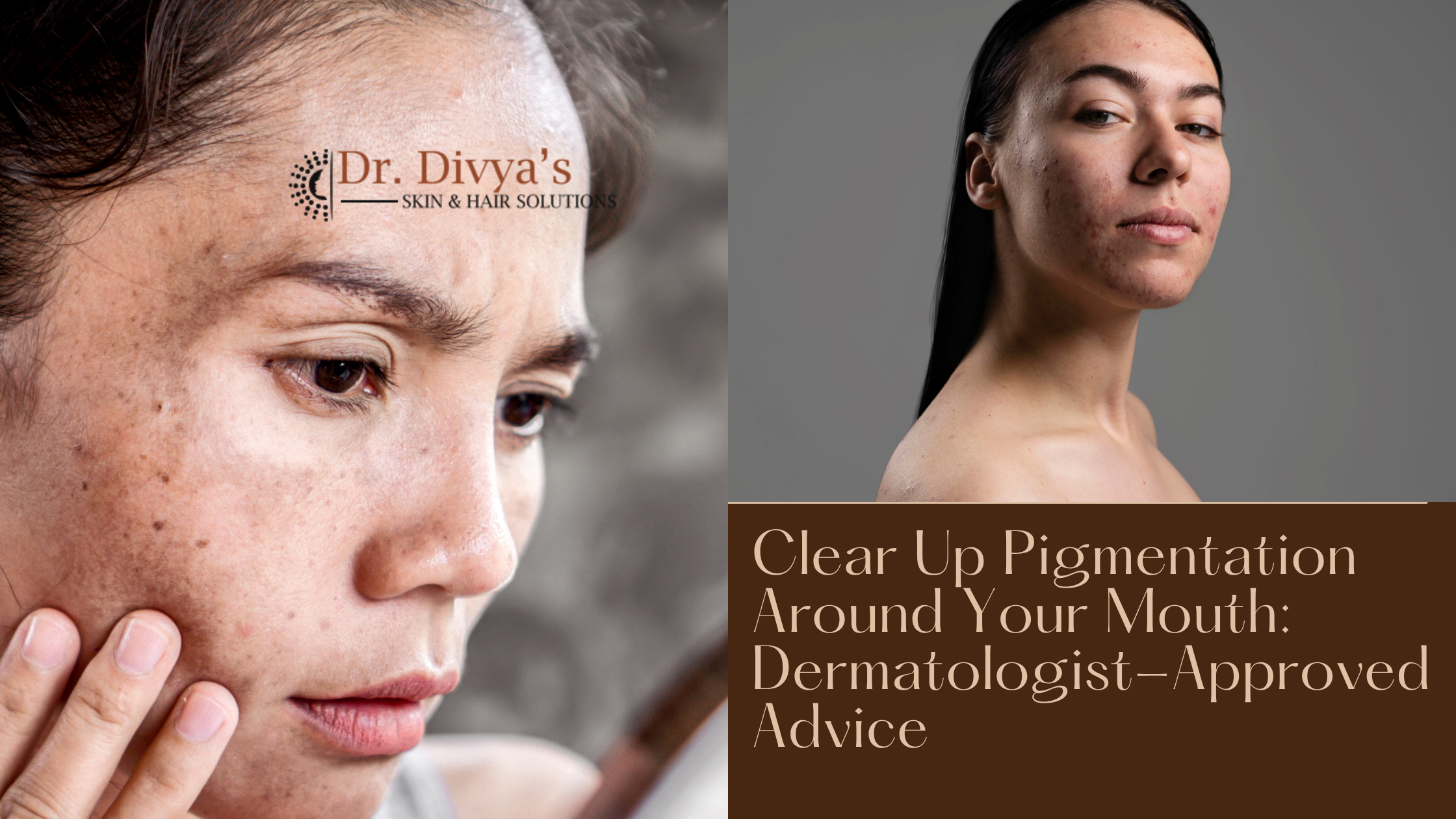Posted date on Jul 30, 2025
If you love swimming but hate how it leaves your skin dry, itchy, or tanned — you’re not alone. From chlorinated pools to harsh sun exposure, your skin takes a hit every time you swim. But don’t worry — a few simple skincare habits before and after swimming can protect your glow and prevent long-term skin issues. In this blog, we’ll walk you through practical, easy-to-follow tips designed especially for Indian skin.
Why Swimming Affects Your Skin
Whether you're swimming in a chlorinated pool or the sea, your skin comes into contact with:
- Chlorine – which strips natural oils, causing dryness and sensitivity.
- Saltwater – which can dehydrate your skin and worsen eczema or irritation.
- UV Rays – outdoor swimmers are especially prone to sunburn and tanning.
- Friction – from swimsuits and water, which may cause chafing or rashes.
These effects may lead to:
- Dry and tight skin
- Redness or rashes
- Uneven skin tone or tanning
- Acne or back acne ("bacne")
Pre-Swim Skincare Tips – Build a Protective Shield
1. Apply a Barrier Cream or Natural Oil
A light layer of coconut oil, petroleum jelly, or shea butter can create a protective film on your skin, minimising chlorine damage.
2. Use Water-Resistant Sunscreen
For outdoor swimmers, sunscreen is non-negotiable. Choose a broad-spectrum SPF 50, water-resistant formula and apply at least 20 minutes before entering the pool.
3. Hydrate Your Skin
Apply a light moisturiser or hydrating serum before swimming. Well-hydrated skin is less likely to absorb harsh pool chemicals.
4. Tie Your Hair and Avoid Makeup
Tightly tying your hair reduces friction and exposure. Avoid makeup completely as chlorine can mix with chemicals in cosmetics and irritate your skin.
Post-Swim Skincare Tips – Cleanse, Replenish, Restore
1. Rinse Immediately After Swimming
Shower with lukewarm water to wash off chlorine, salt, and sweat. Don’t let it sit on your skin for long.
2. Use a Gentle, pH-Balanced Cleanser
Avoid harsh soaps. Opt for fragrance-free or sulphate-free body washes to cleanse without stripping your skin further.
3. Moisturise Generously
Right after drying off, apply a rich, nourishing moisturiser to lock in hydration. Look for ingredients like ceramides, hyaluronic acid, or glycerin.
4. Target Tanning and Pigmentation
Use post-swim serums or creams with Vitamin C, Niacinamide, or Licorice Extract to fade tan and even out your skin tone over time.
Pro Skin Tips for Regular Swimmers
- Exfoliate once or twice a week to prevent clogged pores (especially if you’re prone to acne).
- Drink 2–3 litres of water daily — hydration starts from within.
- For body acne, use a salicylic acid-based body wash 2–3 times a week.
- If you notice excessive itching or rashes, consult a dermatologist.
Conclusion
Swimming is fantastic for your body and mind — and with the right care, your skin can benefit too. Don’t let chlorine, salt, or sun dull your natural glow. A simple pre- and post-swim skincare routine can go a long way in keeping your skin soft, clear, and protected.
So, swim freely — and let your skin shine just as much as your smile!
FAQs
Q1. Does chlorine permanently damage skin?
No, but long-term exposure without protection can dry and irritate the skin. With a proper skincare routine, you can avoid damage.
Q2. Is it necessary to apply sunscreen while swimming indoors?
Only if there is direct sunlight through windows or skylights. Otherwise, focus on moisturisers and barrier creams.
Q3. Can swimming worsen acne?
For some, yes. Chlorine can irritate acne-prone skin. Use non-comedogenic skincare products and shower right after swimming.
Q4. What’s the best moisturiser for swimmers?
Look for hydrating but non-greasy formulas with ingredients like glycerin, ceramides, or aloe vera. Avoid heavy perfumes.
Q5. How do I reduce tanning from outdoor swimming?
Apply and reapply sunscreen, wear a swim cap and full-body swimwear if possible, and use vitamin C and niacinamide products regularly post-swim.





